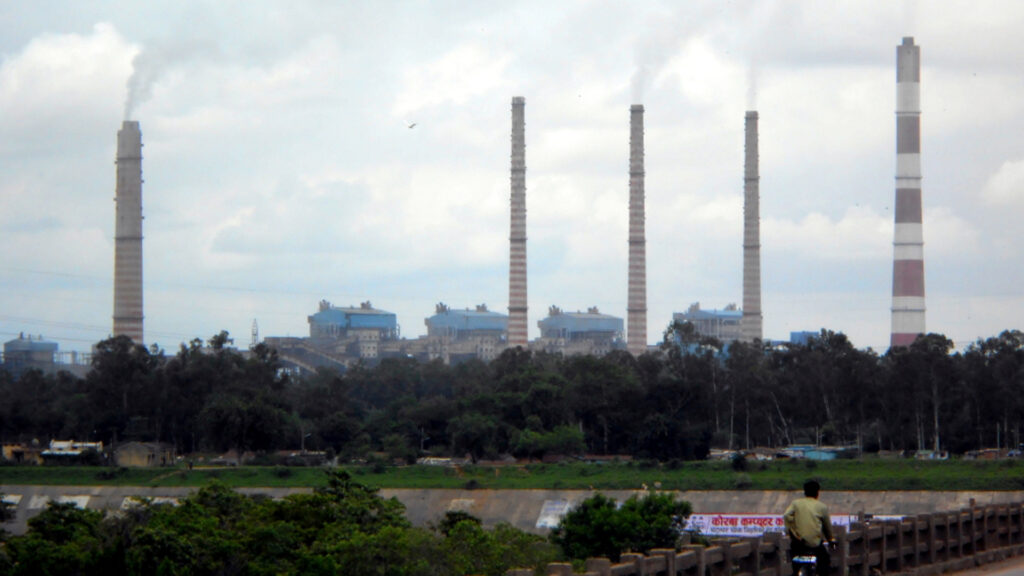By Leilina Patel
This has been Florida’s hottest year on record, as Sahara dust brings more heat to our state and after recent wildfires were ablaze in almost every Canadian province and territory, with the smoke affecting the United States to a historic degree — after which the United States and Canada signed a wildfire cooperation agreement.
These events are reminders that the climate emergency is both a local and global threat. And, because of the legacy of colonization, Western nations have a responsibility to cut emissions to protect the most vulnerable countries and fight the climate emergency.
At 20 years old, I have almost no hope that my state of Florida will survive the climate emergency. People joke that our state will be underwater soon. As a second-generation Indian American, it is both oddly comforting and terrifying to know my family in India is in a similar position.
By 2030, Mumbai could be underwater. By 2060, so could Florida. Both disasters would be the result of centuries of greenhouse gas emissions from unsustainable practices in the West going global.

One of the biggest missteps by Western nations is placing the burden of stopping the climate emergency on developing nations such as India. However, India offers a glimpse of how even some of the largest emitters still require Western intervention.
To build wealth, the West preyed on India’s colonies for centuries. Rather than take responsibility for the harm they caused through colonization and the extraction of India’s resources, the West stubbornly refuses to make amends.
India does not have the resources to upgrade the energy infrastructure to end dependence on fossil fuels. It would cost $900 billion for India to transition to clean energy. This money may have been available if India had never been colonized. India cannot curb its emissions on its own, nor does it have the incentive to without the United States, the United Kingdom and other Western powers doing the same.
Research confirms that Britain stole $45 trillion from India from 1765-1938, along with India’s natural resources that went to build Britain’s economy and fund the Industrial Revolution. This was the beginning of the mass use of fossil fuels. Such exploitation of India contributed directly to the climate crisis that will sink many of its major cities, including Mumbai, Chennai, Kochi and Mangalore.
Beyond this ironic twist, India’s loss of $45 trillion meant that it could only develop economically in the cheapest ways: unsustainable ways. India cannot be at fault for its own emissions. The legacy of colonialism is to blame.
India is the third-largest emitter in the world. That is a fact. But to put the onus of stopping climate change on India is to erase important parts of Asian-American history.
Imperial powers should repay colonized countries. Because the United States is the second-largest emitter of pollutants in the world, it is our responsibility to push the United States to combat the climate emergency in meaningful ways.
As a climate activist, I will push my local, state and federal representatives to pursue aggressive climate legislation such as the Inflation Reduction Act and to end the use of fossil fuel. It is not enough to care only superficially about the food, culture and clothes of other nations like India. The West must demonstrate that it cares about the harm of colonization and change our climate for the better.
Leilina Patel is a member of Action for the Climate Emergency’s Youth Advisory Board. She is a junior at the University of Florida, majoring in political science.
This opinion piece was originally published by the Miami Herald, which is a media partner of The Invading Sea. If you are interested in submitting an opinion piece to The Invading Sea, email Editor Nathan Crabbe at ncrabbe@fau.edu. Sign up for The Invading Sea newsletter by visiting here.



